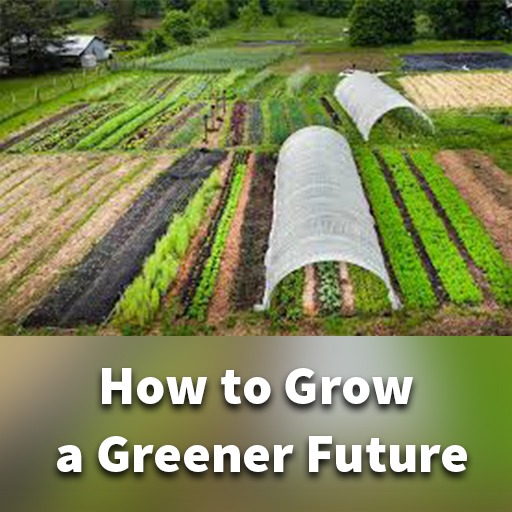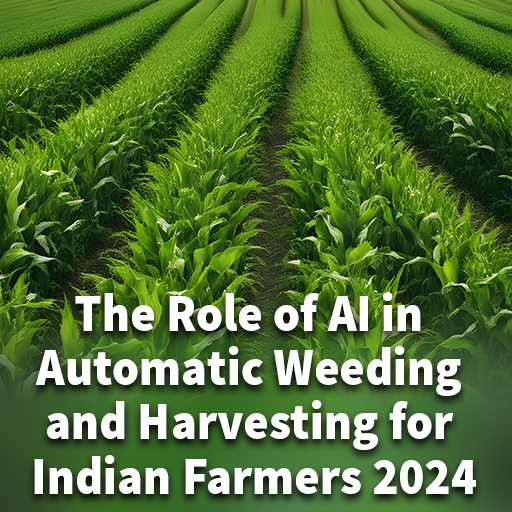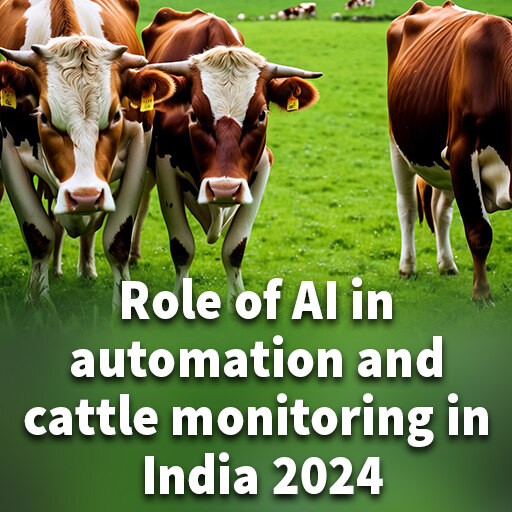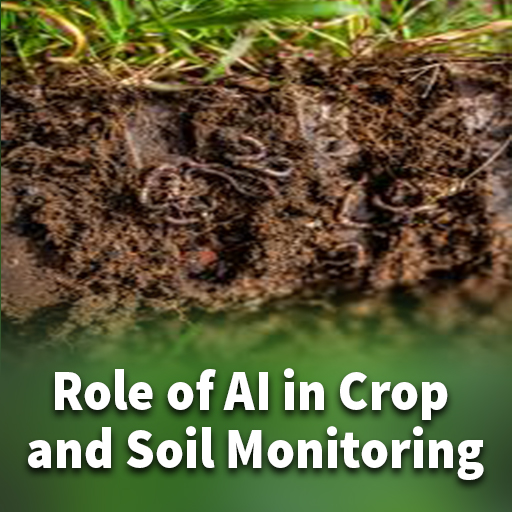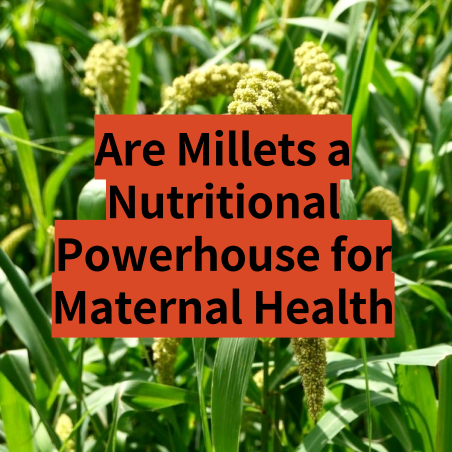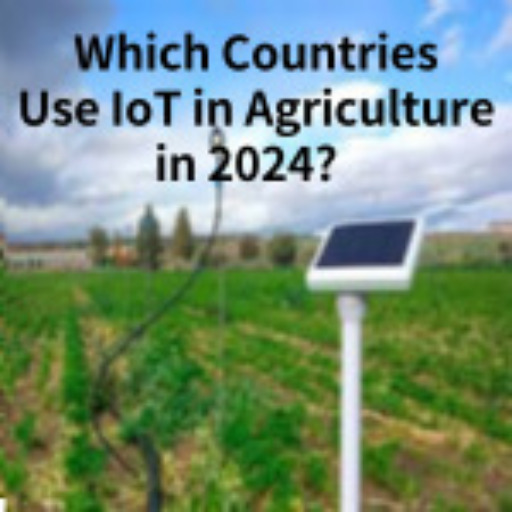Every step of gardening towards sustainable development has a huge impact on the world surrounding them, whether it is planting native plants, mulching, constructing a pollinator garden, or becoming entirely organic. So, if you are interested in long term gardening but just don’t know how to begin, so you are in right place. For growing a greener future, we should maintain our garden suitably.
Here are some benefits for growing a greener future:
Decrease Pollution:
One of the key advantages of a greener future is that it reduces pollution. Although pollution has been an issue for years, many people are unaware of its seriousness. This could be because certain societies have not personally experienced the ill impacts of pollution. However, those consequences do exist; pollution can kill plants, humans, and animals resulting in chronic respiratory illness, lung disease, and other ailments that are dangerous to health. A greener future can play a major role in the quality of the air, atmosphere, water, and soil. It is essential for human health.

Better Environment:
Developing a greener environment can aid in protecting the atmosphere by reducing pollution. Whereas the damage is irreversible, we can prevent or slow further harm. This has the potential to address global warming, species extinction, dryness, and deforestation. It indicates that we will be able to utilize natural resources in the future and also that people of the future will have the opportunity to live in a healthy and clean environment.
Things to Consider for Better Garden for the Future
Greenery conserves water, protects air and water quality, and eliminates harsh chemicals with clean, healthier options. If we want to grow a greener future. Then we should consider better guidelines for the garden. Here are some steps you should follow for a better garden.
Soil Health Improvement:
Examining and enhancing the soil is an excellent place to begin being a more environmentally conscious gardener. If the soil is rich, it will be capable of holding more water and minerals, as well as nourishing and maintaining plant growth. Test the soil to see if it is alkaline or acidic, and what minerals it could be deficient in, then feed it organically, avoid replanting or tamping it, grow cover crops in vegetable beds in autumn eliminatel pesticides and use mulch.

Avoid Chemical Fertilizers:
Fertilizers will aid in the growth of the plant, but they may also include dangerous chemicals that can damage water sources and pollutants into the air. Kitchen and garden trash, such as coffee grounds, vegetable peels, grass clippings, apple peels are used to make compost any form of organic material can be put into the compost and utilized as a free fertilizer to help the plants grow.
Select Native Plants:
One of the most effective ways to green the lawn is to use plants that are native to the location. Plants thrive in the local climate and don’t need a lot of maintenance. They’re usually well-suited to area temperatures, rainfall averages, and sunburns. Plants that are native to the area are completely resistant to pests and insects, and they need very little fertilizers. You will store water, reduce pollutants in the air and water, and improve gardening. It seems, that maintaining the lawn should be enjoyable rather than a job.
Use of Water:
Water the root of crops instead of the branches to minimize the danger of fungal infections; watering in the early morning is ideal; water immature plants more regularly and developed plants less deeply to enhance root growth. Sprinklers that spray water directly into the air must be avoided.
Remove Invasive Plants:
Invasive plant removal is important for long-term garden health. However, many gardeners have little or no knowledge about invasive species. The ecosystem begins to deteriorate as local plants go extinct. Please identify which species are invasive in the garden, remove them, and dispose of them correctly. Plants should never be given away or sold, just to let you know.
Conclusion
If we want a greener future then we should make an effort to grow plants wherever possible indoor or outdoor as plants make our atmosphere ealthy and greener for the future. For a greener future, we should consider many things for gardening that are narrated above. So, everyone should just try to grow their garden sustainably keeping in mind a greener future. For more details visit us.

